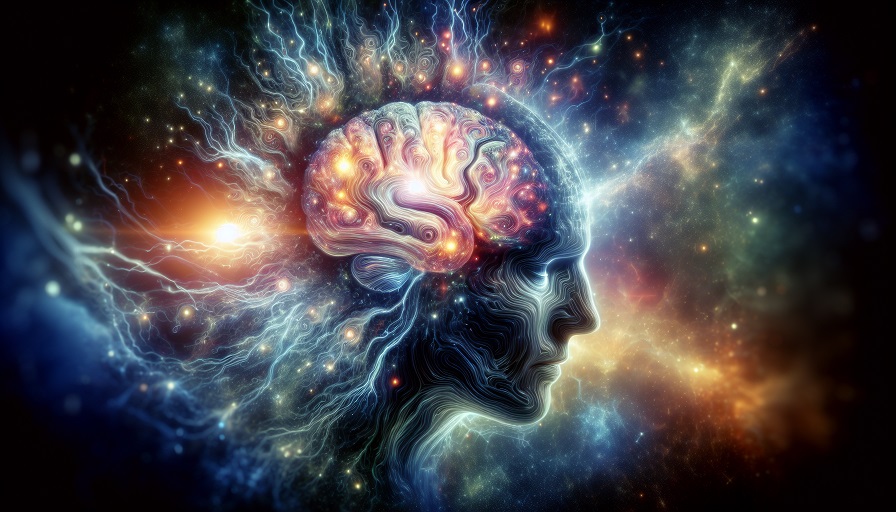
For years, energy drinks were my secret weapon for powering through long workdays. They were fast, convenient, and gave me an immediate jolt of alertness. But over time, the downsides caught up with me – afternoon crashes, jittery hands, restless nights, and an uneasy feeling that I was running my brain like a race car constantly redlining.
Quitting energy drinks wasn’t easy at first. I had come to depend on that instant rush of caffeine and sugar to start my day or push through a slump. But after making the switch to healthier, more sustainable habits, I not only keep my energy steady from morning to evening, I also feel sharper and more focused without the rollercoaster highs and lows.
Contents
Why I Gave Up Energy Drinks
There were three main reasons I knew I had to make the change:
- The crash: The energy spike never lasted. Within hours, I’d feel mentally foggy and physically tired, sometimes worse than before I had the drink.
- Sleep disruption: Even when I drank them before noon, I noticed my sleep quality suffered. My mind felt wired when I should have been winding down.
- Long-term health: Regularly consuming high amounts of sugar, artificial sweeteners, and excessive caffeine isn’t exactly a recipe for long-term well-being.
What I Do Instead
When I quit, I knew I needed to replace – not just remove – the habit. I focused on strategies that would give me steady mental and physical energy without relying on quick fixes.
1. Morning Hydration and Electrolytes
One of the sneakiest causes of low energy is mild dehydration. Now, my first drink of the day is a tall glass of water with a pinch of sea salt or an electrolyte mix. This instantly helps me feel more awake before I even think about caffeine.
2. Gradual Caffeine from Natural Sources
I still enjoy caffeine, but I get it from gentler sources like green tea or matcha. The L-theanine in tea helps smooth out the stimulant effect, preventing jitters and anxiety.
3. Brain-Supportive Nutrition
I swapped my sugary “energy” breakfast for one high in protein and healthy fats – like eggs with avocado or Greek yogurt with nuts and berries. This keeps my blood sugar stable, which means no mid-morning crash.
4. Movement Breaks
When I feel a slump coming on, I take five minutes to move – stretching, walking, or even doing a few bodyweight exercises. Movement increases circulation and oxygen delivery to the brain, often waking me up more effectively than caffeine ever did.
5. Targeted Brain Support
Instead of using energy drinks as a blunt-force approach to alertness, I now use Mind Lab Pro in the morning. It provides citicoline for brain energy, L-theanine for calm focus, and rhodiola rosea for stress resilience. The effect is a steady, clean mental clarity that lasts for hours without the jittery spike and crash cycle.
The Adjustment Period
The first week without energy drinks was rough – I won’t sugarcoat it. My body and brain were used to the intense caffeine and sugar combo, and without it, my energy dipped. But by the second week, my baseline energy started to rise naturally. By the end of the month, I felt like I had stepped off a mental rollercoaster and onto steady ground.
The Unexpected Benefits
- Better sleep: Falling asleep is easier, and I wake up feeling more rested.
- More consistent focus: I can concentrate for longer stretches without that anxious, over-caffeinated edge.
- Fewer cravings: Without the blood sugar spikes, I no longer feel the need to reach for snacks or more caffeine in the afternoon.
- Improved mood: My energy and emotions feel more balanced throughout the day.
Why This Works
Energy drinks push the body into overdrive using a high-dose caffeine hit combined with sugar or artificial sweeteners. This can mask fatigue but doesn’t actually address the underlying causes of low energy. By focusing on hydration, steady nutrition, movement, and targeted brain support, I’m now working with my body’s natural energy systems instead of trying to artificially force them into high gear.
How You Can Make the Switch
- Reduce energy drinks gradually if you’re a heavy user to avoid withdrawal headaches.
- Replace the habit with a healthier morning ritual – hydration, tea, or a nutrient-dense breakfast.
- Incorporate short movement breaks throughout the day.
- Use brain-supportive strategies to maintain focus without overstimulation.
- Give yourself at least 2–4 weeks for your body to adapt.
Quitting energy drinks wasn’t just about removing something unhealthy – it was about replacing it with habits that make my energy and focus more reliable than ever. I no longer ride the wave of highs and crashes. Instead, I have a steady current of mental clarity that lasts all day.

